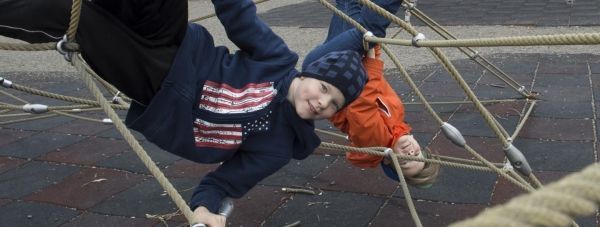
There is a link between higher serum vitamin D levels and lower plasma cholesterol levels in primary school children, new research from the University of Eastern Finland shows. Children whose serum 25-hydroxyvitamin D levels exceeded 80 nmol/l had lower plasma total and low-density lipoprotein (LDL) cholesterol levels than children whose serum 25-hydroxyvitamin D levels were below 50 nmol/l, which is often regarded as a threshold value for vitamin D sufficiency. 25-hydroxyvitamin D is the major circulating form of vitamin D. The findings were reported in one of the leading journals of endocrinology, the Journal of Clinical Endocrinology and Metabolism.
>> Read the Full Article
When General Motors CEO Mary Barra recently affirmed a commitment to “a world with zero crashes, zero emissions, and zero congestion,” she echoed similar statements from the company’s executives over the years. Back in 1972, GM Vice President Elliott Estes had declared that “the automobile will be essentially removed from the air pollution problem in the United States” within another decade or so. That didn’t happen, yet two decades later President Bill Clinton played along with this fantasy. Bowing to the power of GM and its then-Big Three partners, Ford and Chrysler, Clinton broke a campaign pledge to raise Corporate Average Fuel Economy (CAFE) standards and instead underwrote industry research on super-clean future cars. Meanwhile, fuel economy fell while CO2 emissions continued to rise.
>> Read the Full Article

 ENN
Environmental News Network -- Know Your Environment
ENN
Environmental News Network -- Know Your Environment